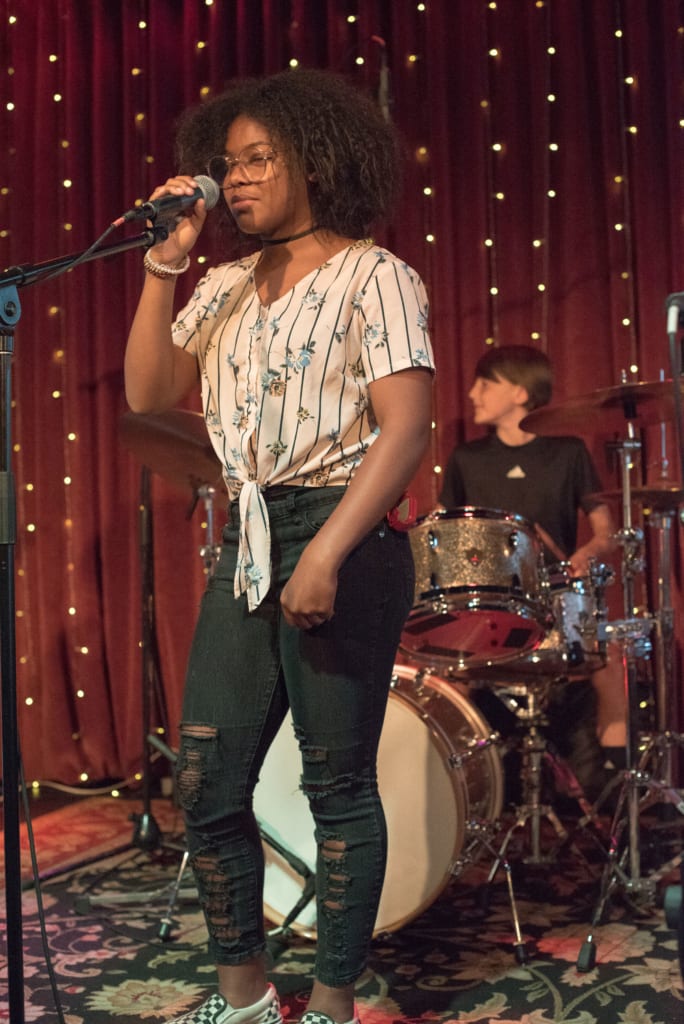-Brandon Marsolo
- Choose the right song.
When giving a performance, you will want to choose songs or pieces that are of the right difficulty level. Something that showcases your talent and what you have been working on, but something that is within your current ability to perform. There is nothing wrong with practicing and trying to learn songs that are a bit of a reach for your current skill level, but those belong in the practice room, not on the stage.
- Be prepared.
Stage fright tends to be a direct byproduct of unpreparedness. Those feelings of “What if I mess up?”, and “What if I can’t hear myself?”, and all the other self-doubt that can come with performing can be mitigated with preparation. Kobe Bryant(R.I.P.) used to say that his unwavering confidence in himself came from knowing that he was as prepared as absolutely possible for each game. Increase your confidence by preparing properly: Practice your piece sufficiently. Warm up on the day of the performance. Before the recital starts, go walk around the stage for a minute and get comfortable up there. Ask a teacher or a more seasoned performer any questions you might have about how the recital is going to happen. The fewer surprises during your recital, the better.
- Don’t put unnecessary pressure on yourself.
People come to your recitals for one reason: to support you. There is no need to stress out about being perfect, looking perfect, impressing anyone, or any other extra pressure that you might put on yourself. The audience is on your side. They want you to succeed and they want you to enjoy yourself. The vast majority of the world has never gotten on a stage and performed for people, so simply showing up is an accomplishment in itself.
- Own the stage.
This one took me a long time. I always viewed recitals as these very traditional demonstrations that needed to be serious and intense. You walk out, you take a bow, you play your piece, you take another bow, you walk off. Unless you’re auditioning for the ASO or something, I would highly recommend a looser approach to performing. When you take the stage, take a minute to get your bearings. Look around the audience and make eye contact. Adjust a chair or stand if you have to. Something like cracking a quick joke to the crowd can instantly set the room at ease and make for a more relaxed performance. Don’t take yourself too seriously!
- Have fun and be yourself.
I don’t know how many hundreds of times I have played music on a stage for people, but I know that the gigs that last in my memory are not the ones where I gave a flawless performance, but the ones where I enjoyed myself and made a connection with the audience. When you learn to set aside the external pressures and just go up and be you, you tap into what it really means to be a musician. After all, if it’s not fun, why would we do it in the first place?












